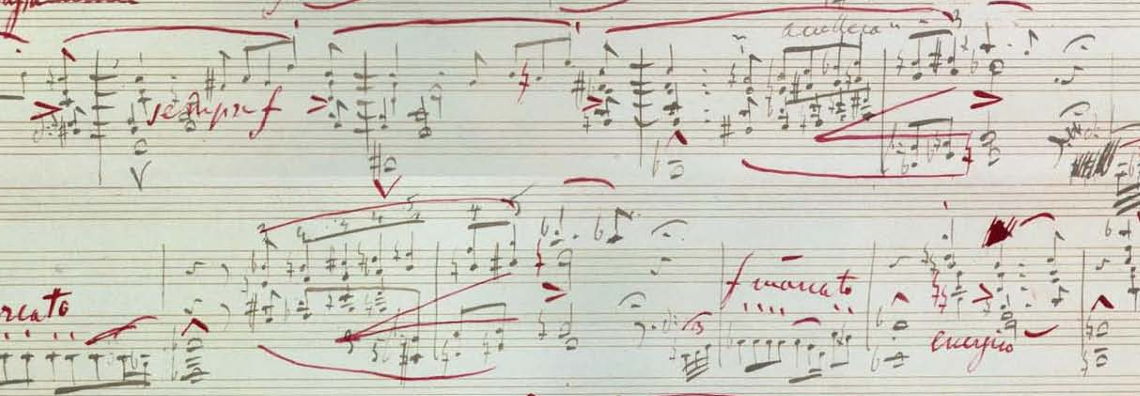
Variations on a Theme: Hearing Homework
NWPB receives no funding and has no control over ads played on Spotify.
All great composers were students and one time or another.
Danse bohemienne by Debussy was written when he was 18 years old. Most today would start college at 18. Debussy had started when he was 10 years old at the Paris Conservatoire. So, by 18 he was in between his educational endeavors. While he planned and pondered his future education, he taught the children of Nadezhda von Meck, who was an influential patroness of Tchaikovsky. She affectionately called him “Bussy”. He was endearing to her, however his lack of socialization when he was young made him slightly awkward. It never held him back, though.
Hector Berlioz was supposed to go to medical school. But, in classic rebellious-Berlioz-style, he decided to pursue music. The opera Le Franc-Juges he left incomplete. Actually, he took it one step further and actively destroyed much of what he had written. He kept the Overture and some other pieces to resurrect later in other works. Le Francs-Juges is one of his earliest works written in 1825. He had a tough time getting into the Paris Conservatoire, but did so, finally in 1830.
Mozart began writing music very young, as we all know. He wrote the Piano Concerto No. 2 when he was 11 years old in Salzburg.
The city of Salzburg had a mandatory school attendance policy for all children in the city. Leopold Mozart, the father, was granted an exception for Mozart to study at home, given his prodigious musical talents. Amadeus’ mother and father taught him well. And he continued to learn his entire life. In addition to Salzburg’s requirement of children learning German and Latin, Leopold and Anna Maria Mozart made sure he was fluent in Italian and French as well.
Speaking of Latin, “Alma Mater” translates to “nourishing mother”. An ideal that any school hopes to aspire to. In Mozart’s case, who never attended formal college, his Alma Mater was, quite literally, his mother.
Leonard Bernstein’s Alma Mater is Harvard. He wrote the Trio while at Harvard. It shows all the early sparkle and bright streaks of color that Bernstein infused into all his works.
And lastly, many years later, Leonard Bernstein conducted the Academic Festival Overture with the New York Philharmonic.
The University of Breslau bestowed upon Johannes Brahms an honorary doctorate in 1880. They also bestowed upon him a request for a piece of music written for the occasion. We can be happy that Brahms did not baulk too much at the white-elephant-natured-gift of such an honor.
The piece finishes in a triumphant grand heralding of education. However, it was slightly cheeky of Brahms to incorporate a drinking song or two in the first several minutes of the composition. The music transforms one kind of raucous for another, and it’s all in good fun.
As you venture out into the world buzzing with back-to-school excitement, here’s a couple of quotes:
”The development of general ability for independent thinking and judgment should always be placed foremost, not the acquisition of special knowledge. . .” – Albert Einstein in Ideas and Opinions, Broadway Books, p. 64
“No knowledge is ever wasted.” – Ben Carson, the famous pediatric neurosurgeon is the most prominently quoted one saying this.
However, many people have said this in one way or another.
My father closely resembles the sentiment as he has always said, “No education is ever wasted.”
And as my Alma Mater mother said, “Absorb it all, my little sponges.”















